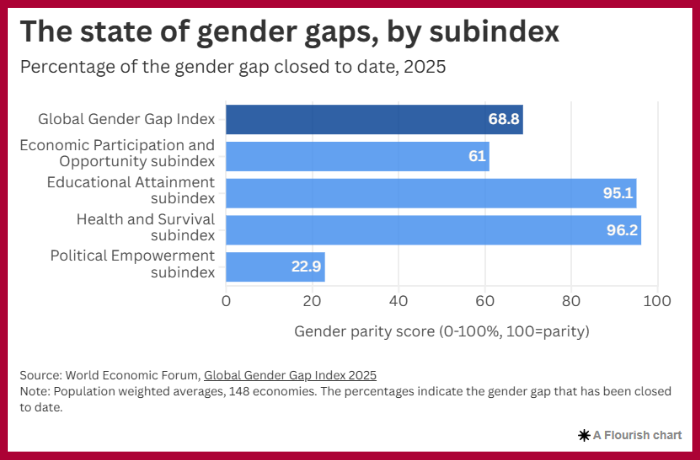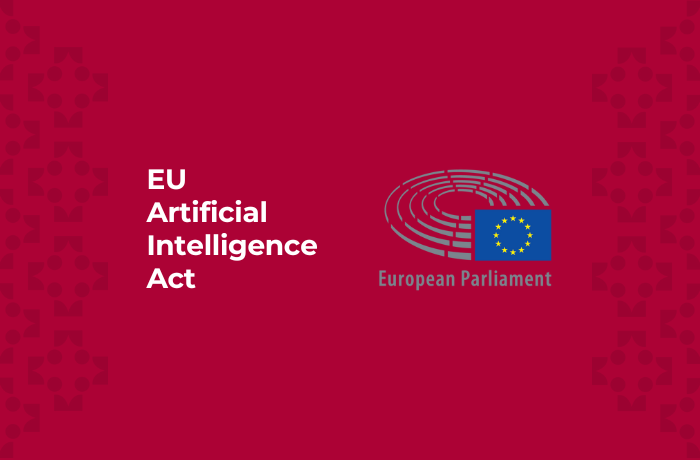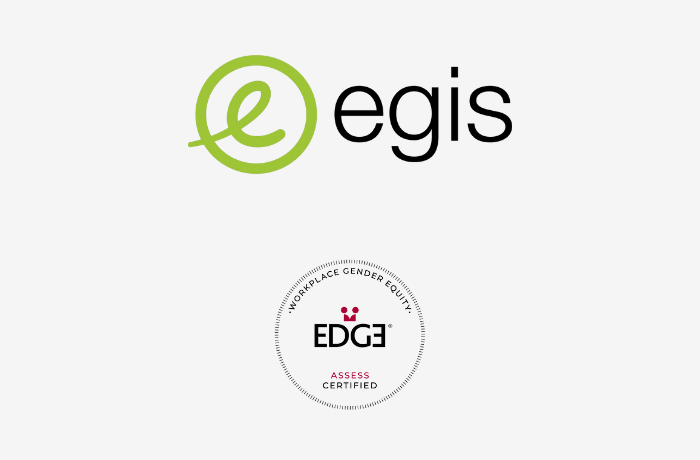The global gender gap now stands at 68.8% closed, but at the current pace, full parity remains approximately 123 years away.
The World Economic Forum’s Global Gender Gap Report 2025 marks the 19th annual assessment of gender parity across 148 economies. The 2025 Report signals a modest but meaningful acceleration in closing gender gaps worldwide. The path to full parity remains long, underscoring the need for sustained, targeted efforts by policymakers and organizations. As the report notes, advancing gender parity is not only a matter of fairness but a strategic imperative for economic resilience and innovation.
Key Findings from the 2025 Report:
- The global gender gap stands at 68.8% closed, a 0.3 percentage point improvement from 2024.
- At the current pace, full global gender parity is now projected to be 123 years away. This is an improvement of 11 years compared to the previous estimate, though still far from the 2030 Sustainable Development Goal target.
- Iceland retains its top position, closing 92.6% of its gender gap, the only country above 90%.
- There has been a notable acceleration in closing political and economic, though these remain the furthest from parity. Since 2006, the Political Empowerment gap has narrowed by 9 percentage points, but at the current pace, it will take 162 years to fully close this gap. Economic Participation and Opportunity has improved by 5.6 percentage points, with full parity projected in 135 years if trends persist.
- Women continue to be underrepresented in senior leadership representing 41.2% of the global workforce, yet holding only 28.8% of top management roles.
- Women remain concentrated in lower-paid, people-centric sectors, for example, 58.5% in healthcare and care, 52.9% in education.

To accelerate change and achieve partiy before the next century, targeted, evidence-based action is required:
- Strengthen leadership pipelines with sponsorship, career pathways, and flexible policies
- Diversify industry participation, especially in high-growth STEM and tech industries
- Increase women’s representation in political leadership to accelerate gender-responsive legislation
Yet action without accountability risks stalling progress. EDGE Certification enables organizations to move beyond good intentions by:
- Providing a rigorous, independent assessment across key drivers of workplace gender and intersectional equity
- Highlighting structural barriers, such as those impeding women’s career progression
- Setting measurable targets for improvement
Through EDGE Certification, organizations can ensure their efforts to close gender gaps are not only strategic but sustainable → Start the EDGE Certification® Journey using EDGE Empower®.

Learn More
For further context and answers to frequently asked questions about the Global Gender Gap Report 2025, explore the World Economic Forum’s official FAQ.



